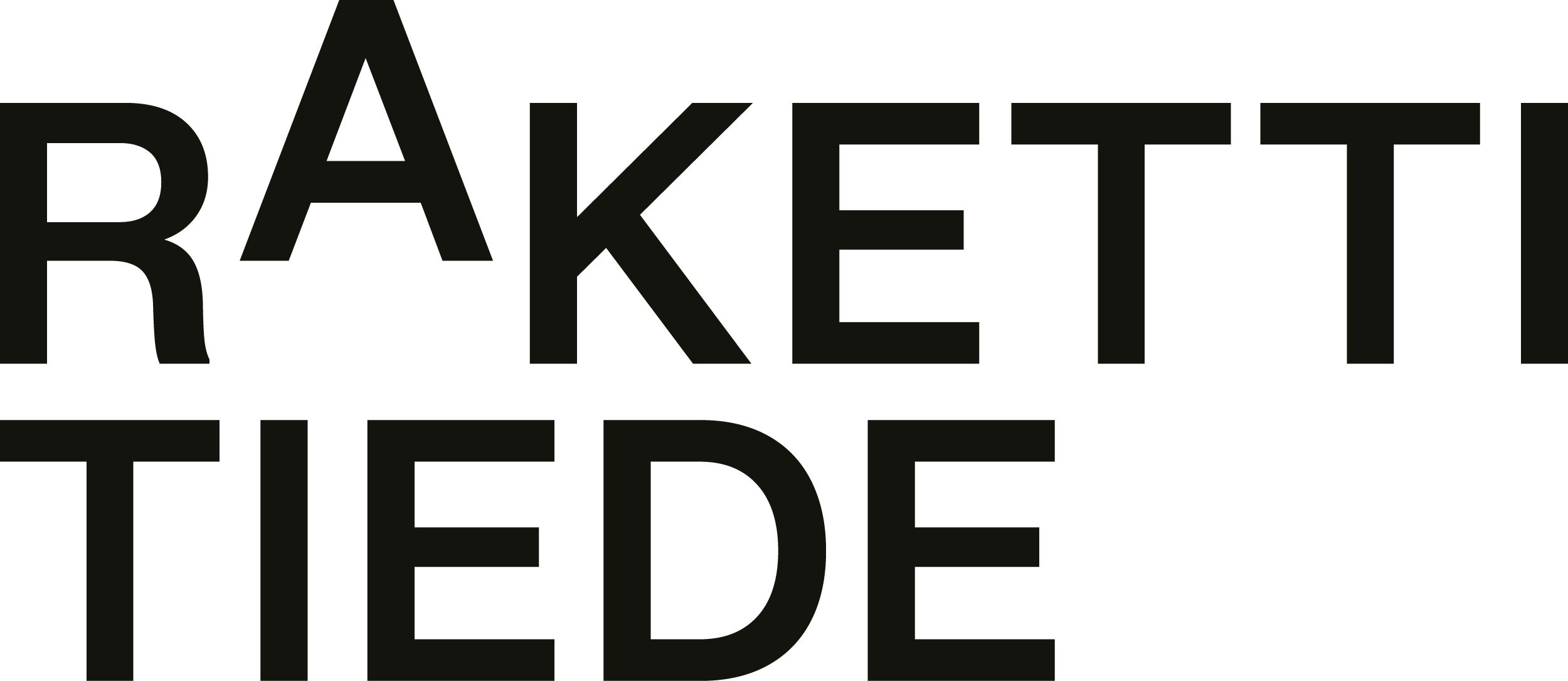“It’s every coder for themselves” and other myths about being a consultant
Is consulting a lonely business? Do consultants have any time to develop their own expertise? Do freelancers really make more dough?
We decided to cast a critical eye on the claims people have made about consulting in the tech industry. Marko Saaresto, Vice Commodore and one of the founding members of Rakettitiede, is here to set the record straight when it comes to these myths and how they apply to Rakettitiede.
#1 Senior developers have limited growth opportunities – false
“A lot of people still think that coding is a young person’s game and that most seasoned devs don’t really care about software development. But you can absolutely continue to code without transitioning to a managerial role,” Marko says.
Rakettitiede believes in developing the expertise of its consultants. “If you want to maintain your professional momentum, you have to have skills that your clients care about. It’s all about maintaining your market value,” Marko explains.
“We know that honing your skills is tricky in the consulting world for a number of reasons, and we don’t have the answer to every question,” he continues.
While most Rakettitiede developers want to keep their know-how up to date, they have to balance that need with the amount of time they can afford to spend off the clock. And there’s also the question of whether they will be able to use their new skills in their work.
In these cases, the key issue is finding the right assignment. “The best teacher in any industry is real-deal work. It’s important to allow your consultant to try new things in their career, at least in moderation,” Marko says.
Marko’s top tip is to focus on cementing your skills: “When you learn something new, go all-in on it for a while. That way, it’ll become a routine part of your regular toolset. Then just rinse and repeat. If you never update your skill roster, you’ll eventually fall off the IT wave.”
Read more about how Rakettitiede has addressed the learning needs of its senior developers: How does Rakettitiede help its developers develop themselves?
#2 Consultants work in isolation – false
“Working alone is the worst possible thing for your career,” Marko says.
The image of a consultant who works remotely and hops from assignment to assignment every few months lives on in the minds of many. “The field is full of freelancers and quick gigs, which has only served to strengthen this idea. I think that this myth stems from the “good” old days, when people whispered legends of lonesome code warriors who made their living as programmers for hire,” Marko says.
According to Marko, working alone can blind you to what’s happening in the world.
“You lose out on new ideas and learning from your fellow teammates.”
Rakettitiede has taken the opposite approach: it looks after its consultants’ connections to other developers and clients.
According to Rakettitiede’s Vice Commodore Marko Saaresto, working alone is the worst possible thing for your career. Many in the consulting world still speak legends of lonesome code warriors who work as programmers for hire – but, in reality, the best part of consulting is getting to work with other top-notch experts.
“Consulting is great because you’re surrounded by other experts, so you don’t need to become a coding hermit,” Marko says.
Rakettitiede’s consultants almost always work alongside their clients’ own teams. And if a client has hired multiple Rocket Scientists, they’re encouraged to get together and exchange ideas.
“Hopping from team to team helps our consultants flex their skillset and avoid stagnation,” Marko adds.
This also allows the company’s consultants to update their knowledge, as well as their general understanding of the tech industry, Rakettitiede’s clientele, and the latest trends.
#3 A consultancy will forget about its consultants the first chance it gets – false
Rakettitiede’s consultants are encouraged to make themselves heard at the company whenever they feel like it.
“A general fear among consultants is that once you’ve signed the dotted line, received your shiny new laptop and done a few fist bumps, the next time you’ll hear from your employer is when you receive an invite to the company’s Christmas party,” Marko says.
Rakettitiede began searching for a solution to this issue a few years back.
Today, every Rakettitiede consultant is assigned a caretaker who checks in on them regularly and makes sure that they have everything they need, both for their work and wellbeing.
“We want to actively engage our consultants and not just wait and see until someone tells us that their situation has changed or that something is bothering them,” Marko explains.
Rakettitiede’s sales team also remains in close contact with the company’s consultants. Their goal is to create a continuous and open line of dialogue between Rakettitiede and its consultants, so that the company can match the right developers to the right clients.
“We want to get away from the idea that a consultant can only change things once they’ve got the management’s ear. Our consultants are the best at speaking up for themselves at the company. We want to reward an active approach,” Marko says.
#4 Freelancers earn more – true
Freelancing is one way to earn beaucoup bucks, but it can also limit your options.
“Freelancers are often contracted to handle cases that aren’t large enough for bigger IT vendors but that are too big for a client’s own coding team,” Marko says.
If you’re dreaming of striking out on your own, Marko has one thing to say: specialise in something very specific, and be very, very good at it.
“The challenge is in marketing your own skills and expertise. For many, it’s an unpleasant or even dirty part of the job,” Marko says.
He notes that there are many platforms today where freelancers can handle their projects without having to spend time looking for clients.
Rakettitiede also collaborates with many freelancers. “Most of our freelancers are people we already know and trust, such as former colleagues,” Marko explains.
One example is Lauri Naalisvaara, who made the jump from Rakettitiede consultant to entrepreneur in his quest for more freedom and moolah.
“We treat our freelancers the same as our own consultants. Their work is just as valuable – it’s just a question of how you want to do what you do best,” Marko says.
#5 Consultants have less control over their work – true and false
“A lot of people in the consulting business are used to being told by their employers what project they’re going to be working on,” Marko says.
The fact of the matter is that many consultants want to have a say in where they write their code, who they write it with, and for what purpose. Rakettitiede’s culture is based on the principle that every Rocket Scientist is free to choose their own assignments – as we all know, a happy coder is a productive coder.
“When you arrive at a consultancy, you’re basically rolling the dice on your career. A consultant usually has the most say when it comes to choosing their first job, and then that say is typically rolled back with every subsequent assignment. We would never force someone to work with a client they didn’t want to, but we also can’t make any guarantees about what jobs will be available next,” Marko explains.
When everyone can work on something that they truly care about, it’s a win-win-win for the client, consultant, and Rakettitiede. That’s why Rakettitiede listens to its consultants and makes them a part of the gig selection process: “We want to make sure that everyone is truly committed to their assignments. We want to let our coders be the masters of their own destinies.”
Looking for interesting assignments, experienced colleagues, and a hefty payday? Read about us here and hop on board the Rocket Ship!
Read more:
How does Rakettitiede help its developers develop themselves?
Caretakers – because you’re worth it
Lauri disembarked the Rocket and became an entrepreneur – would not recommend to everyone


